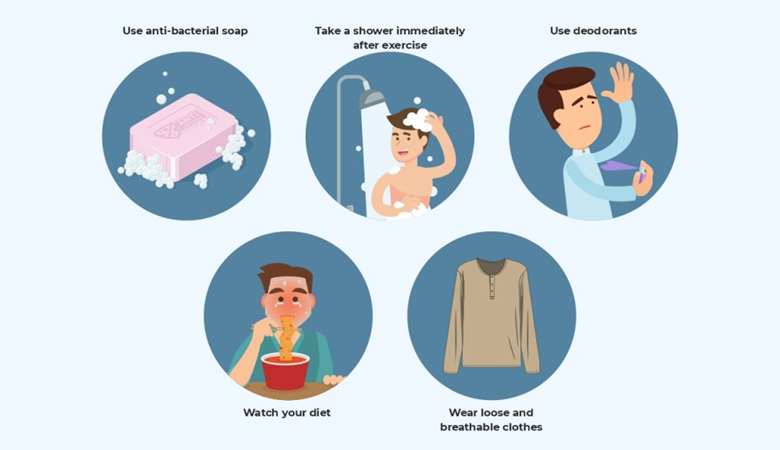7 reasons you might be aging faster

News Mania Desk / Piyal Chatterjee / 3rd November 2024
Have you ever wondered how certain people manage to maintain their young glow and vigor despite the passing of time?I most certainly have, and I’ve discovered that maintaining our youth frequently involves avoiding some behaviors more so than incorporating new ones into our daily schedules. In actuality, a few everyday habits that we hardly consider might gradually accelerate the aging process, affecting our skin, vitality, and general vibrancy. We’ll look at seven such activities today that can be preventing you from feeling and looking years younger.
Simply put, if you want to look younger, sleep is crucial. Your body, especially your skin, heals itself while you sleep.Whether it’s from work, binge-watching our favorite shows, or browsing social media, many of us have a tendency to stay up late. However, this tendency can make us appear much older than we actually are. Experts have observed that sleep deprivation causes wrinkles, dark circles, and a generally exhausted appearance. Maintain a regular sleep schedule and try to get at least 7 to 9 hours every night. The quality of your sleep is equally as important as its quantity.
Constant stress and worry can accelerate aging by triggering biochemical changes that impact the body on a cellular level. When you’re stressed, your body releases cortisol and other stress hormones, which, in high levels over time, can harm various systems. One major effect is on telomeres—protective caps at the ends of chromosomes that naturally shorten with age. Chronic stress speeds up telomere shortening, which impairs cell function and leads to faster cellular aging. Additionally, chronic stress increases inflammation in the body, which contributes to aging-related diseases such as heart disease, diabetes, and even cognitive decline. This inflammation also affects skin health, leading to reduced collagen production and elastin breakdown, causing wrinkles, loss of elasticity, and dullnes.
Neglecting sun protection accelerates aging by exposing the skin to harmful ultraviolet (UV) rays, which penetrate deep into the skin and damage its structure. UV rays cause photoaging, which is responsible for up to 90% of visible skin changes commonly associated with aging, such as wrinkles, fine lines, and age spots. This process is primarily due to the breakdown of collagen and elastin, two proteins that keep the skin firm, smooth, and resilient. Without adequate sun protection, UV exposure accelerates the loss of these proteins, leading to sagging and wrinkles over time.
Ignoring self-care accelerates aging by depriving the body and mind of essential routines and practices that promote health, resilience, and balance. Self-care encompasses activities like regular exercise, healthy eating, adequate sleep, stress management, and mental wellness. Neglecting these can lead to chronic stress, which accelerates aging by elevating cortisol levels, weakening the immune system, and causing inflammation—factors linked to conditions like heart disease, diabetes, and cognitive decline.
Skipping workouts accelerates aging by impacting physical, metabolic, and mental health. Regular exercise boosts circulation, delivering oxygen and nutrients to skin cells and helping to maintain a healthy, youthful glow. Exercise also supports collagen production, which keeps skin firm and reduces the appearance of wrinkles. When workouts are skipped regularly, the benefits of improved circulation and collagen support diminish, leading to premature skin aging.
High sugar intake also spikes insulin levels, which increases inflammation in the body. Chronic inflammation can worsen skin conditions like acne and rosacea and accelerate aging-related diseases such as heart disease, diabetes, and cognitive decline. Furthermore, excess sugar affects the balance of gut bacteria, which plays a crucial role in immune health, digestion, and even mental well-being. An imbalance in gut health has been linked to inflammation and skin issues, contributing to an aged appearance.
Cigarette smoke generates free radicals, highly reactive molecules that damage collagen and elastin, the proteins responsible for skin’s firmness and elasticity. This leads to sagging, deep wrinkles (especially around the mouth and eyes), and a leathery texture over time. Additionally, the repetitive facial expressions associated with smoking, like pursing the lips, contribute to wrinkles around the mouth.






